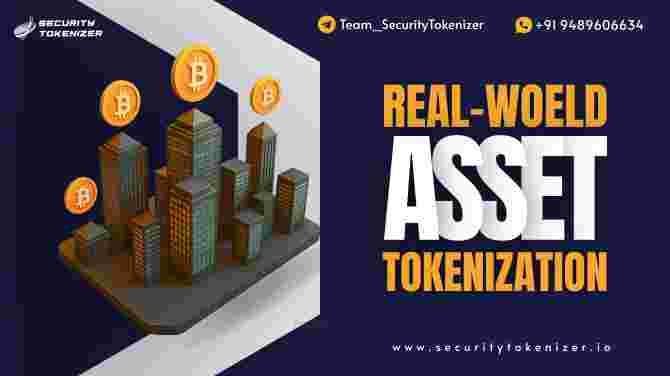For decades, owning assets like property, gold, or art was reserved for the wealthy. Today, tokenization is changing that, turning real-world assets into digital tokens that can be traded or held on a blockchain.
Fractional ownership makes investing accessible to everyone, while blockchain adds transparency and speed. In 2025, more companies are exploring RWAs, making tokenization a fast-growing trend in modern finance.
Why is tokenization becoming more popular in 2025?
Tokenization is gaining popularity in 2025 because it makes investing in high-value assets easier and more accessible. Blockchain technology ensures transparency, security, and faster transactions. Fractional ownership allows global investors to participate, while increasing institutional interest and clearer regulations are boosting trust and adoption in financial markets worldwide.
Key Drivers Behind the Momentum in 2025
One major driver is accessibility. Tokenization allows people to invest in high-value assets like real estate, gold, or bonds with small amounts of money, opening opportunities to a global audience.
Another key factor is technology and regulation. Blockchain ensures transparency, security, and faster transactions, while clearer regulations in many countries are encouraging institutions to explore real-world asset tokenization.
A third important driver is institutional adoption. Banks, investment funds, and fintech companies are increasingly creating tokenized products, which builds trust, increases liquidity, and accelerate the mainstream acceptance of real-world asset tokenization.
Notable Real-World Applications This Year
Real Estate Tokenization
Real Estate Tokenization allows investors to own fractions of residential and commercial properties, making high-value real estate accessible to more people.
Commodities
Gold, oil, and other commodities can now be traded as digital tokens, offering easier access and global liquidity.
Bonds and Debt Instruments
Governments and companies are issuing tokenized bonds, allowing faster settlement and broader investor participation.
Private Equity and Venture Funds
Investors can now buy tokenized shares of private companies or funds, opening opportunities that were previously limited to institutions.
Art and Collectibles
Fine art, rare collectibles, and NFTs representing physical assets are being tokenized, giving investors a chance to own and trade them digitally.
Carbon Credits and Sustainability Projects
Tokenization is helping track and trade carbon credits, supporting transparency and funding for green initiatives worldwide.
Opportunities and Challenges for Adoption
One major opportunity is global access. Tokenization allows investors from anywhere in the world to participate in markets that were previously limited to local or wealthy investors.
Another opportunity is liquidity and efficiency. Assets can be traded faster and in smaller fractions, making markets more dynamic and transparent for everyone involved.
However, challenges remain. Regulatory uncertainty, security risks, and market adoption can slow growth, and investors need to be aware of legal and technical considerations before participating.
Impact on Investors and the Financial Market
Real-world asset tokenization is changing how investors approach markets. Fractional ownership allows both small and large investors to access assets that were once out of reach, creating new opportunities and more diversified portfolios.
For the financial market, tokenization increases liquidity, transparency, and efficiency. Trades can happen faster and across borders, attracting global investors. As more institutions adopt tokenized assets, this trend is reshaping traditional finance and making markets more inclusive and dynamic.
Conclusion: The Road Ahead for Asset Tokenization
Real-world asset tokenization is rapidly transforming the way people invest and interact with financial markets. With greater accessibility, transparency, and global reach, investors of all sizes can participate in opportunities that were once limited. Companies like Security Tokenizer are helping businesses and investors navigate this evolving landscape, making it easier to adopt tokenized assets and stay ahead in the growing digital economy. The future of investing is more inclusive, efficient, and innovative than ever before.




